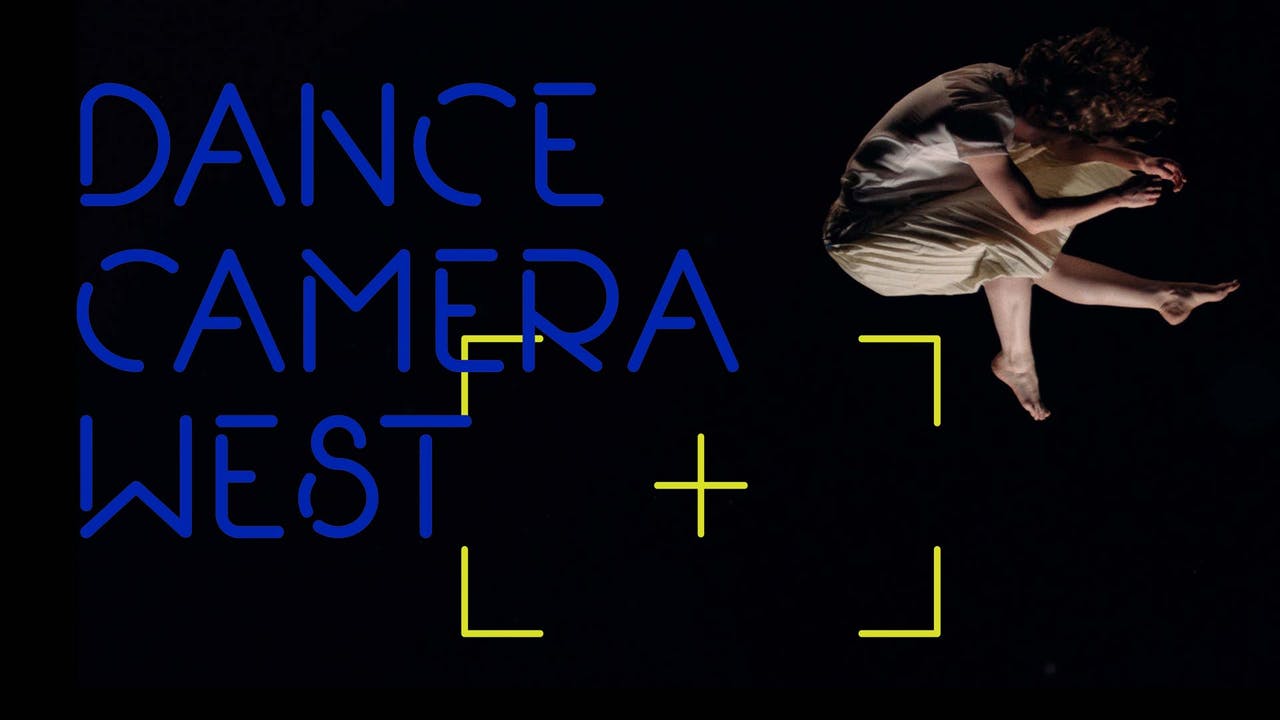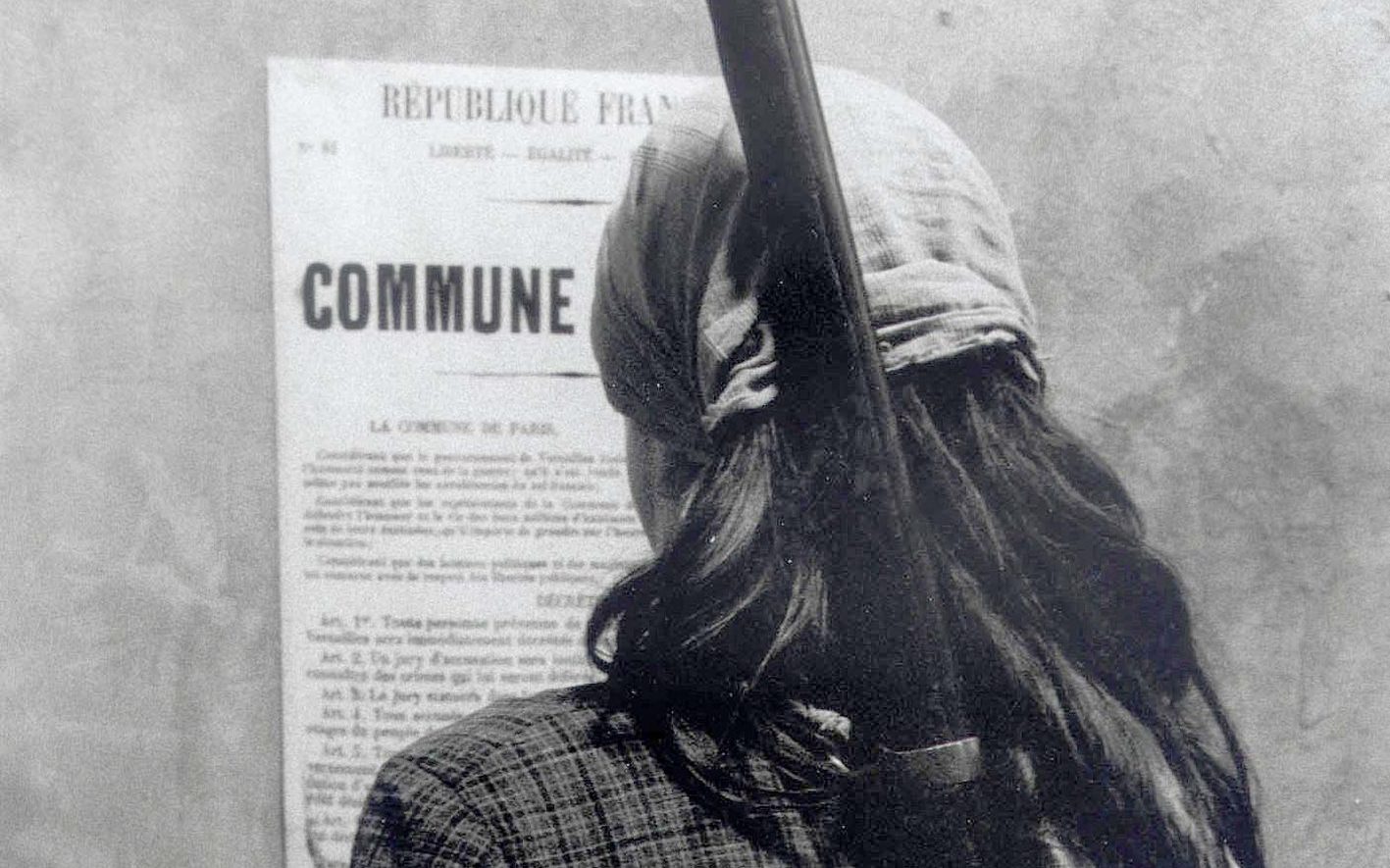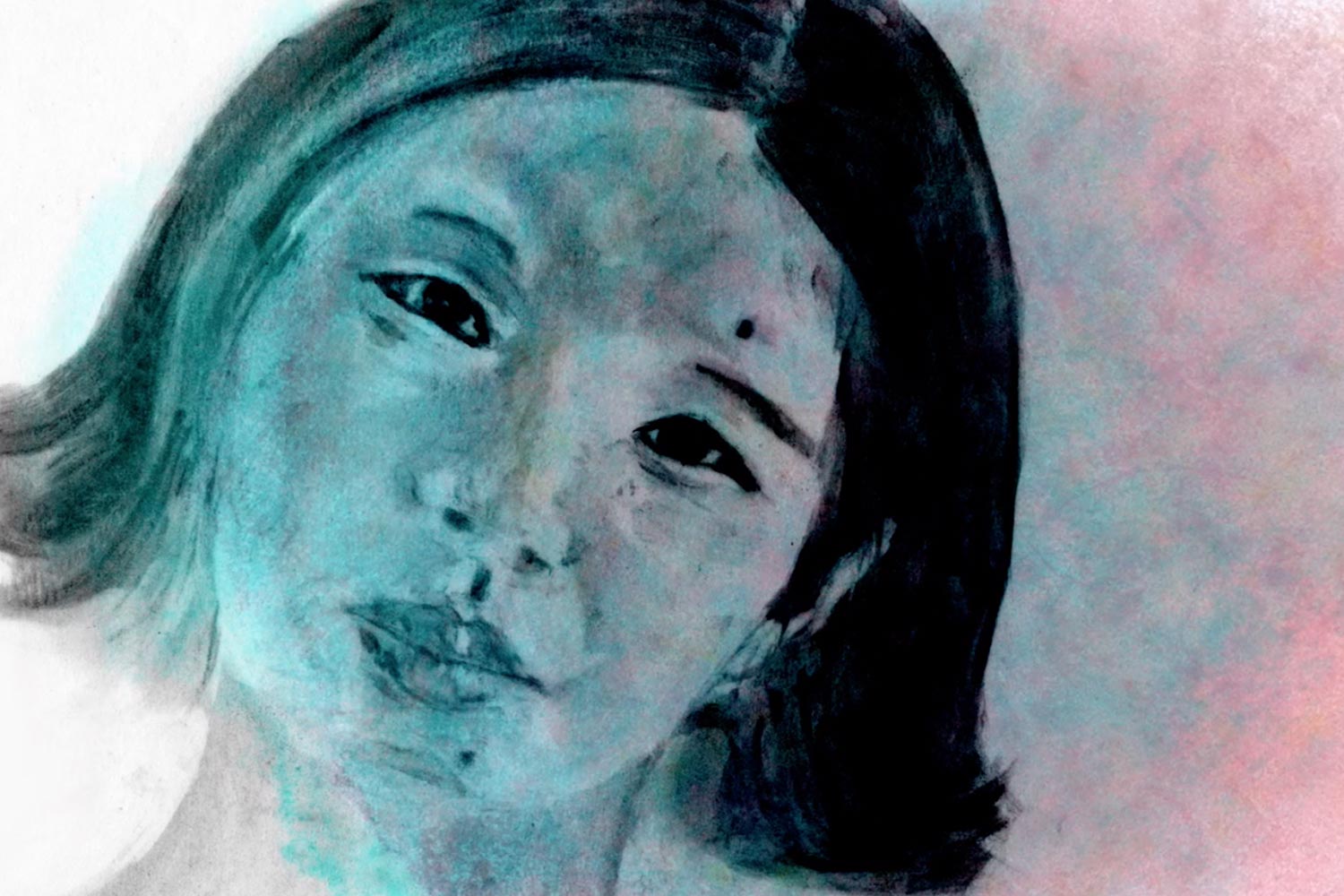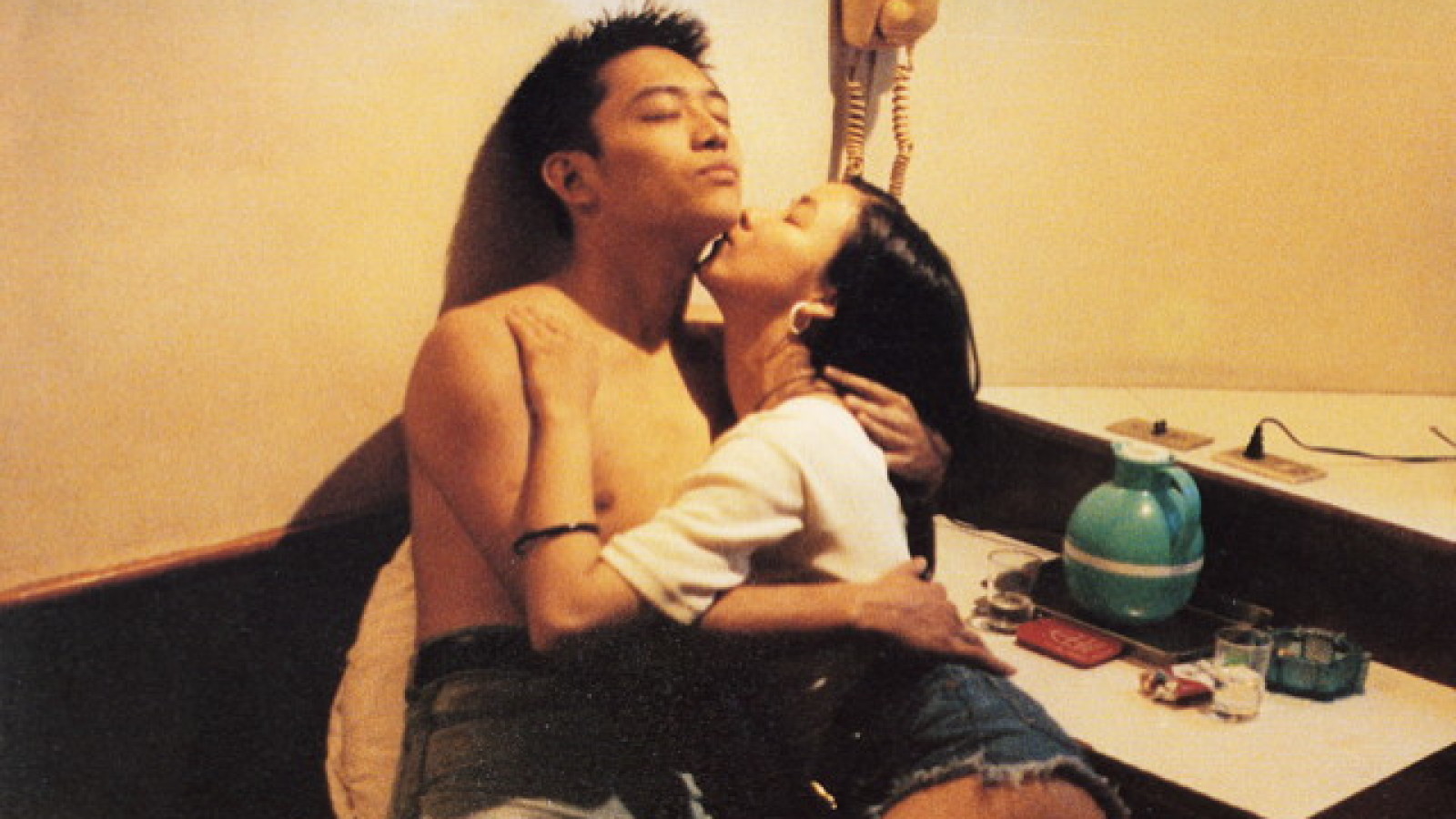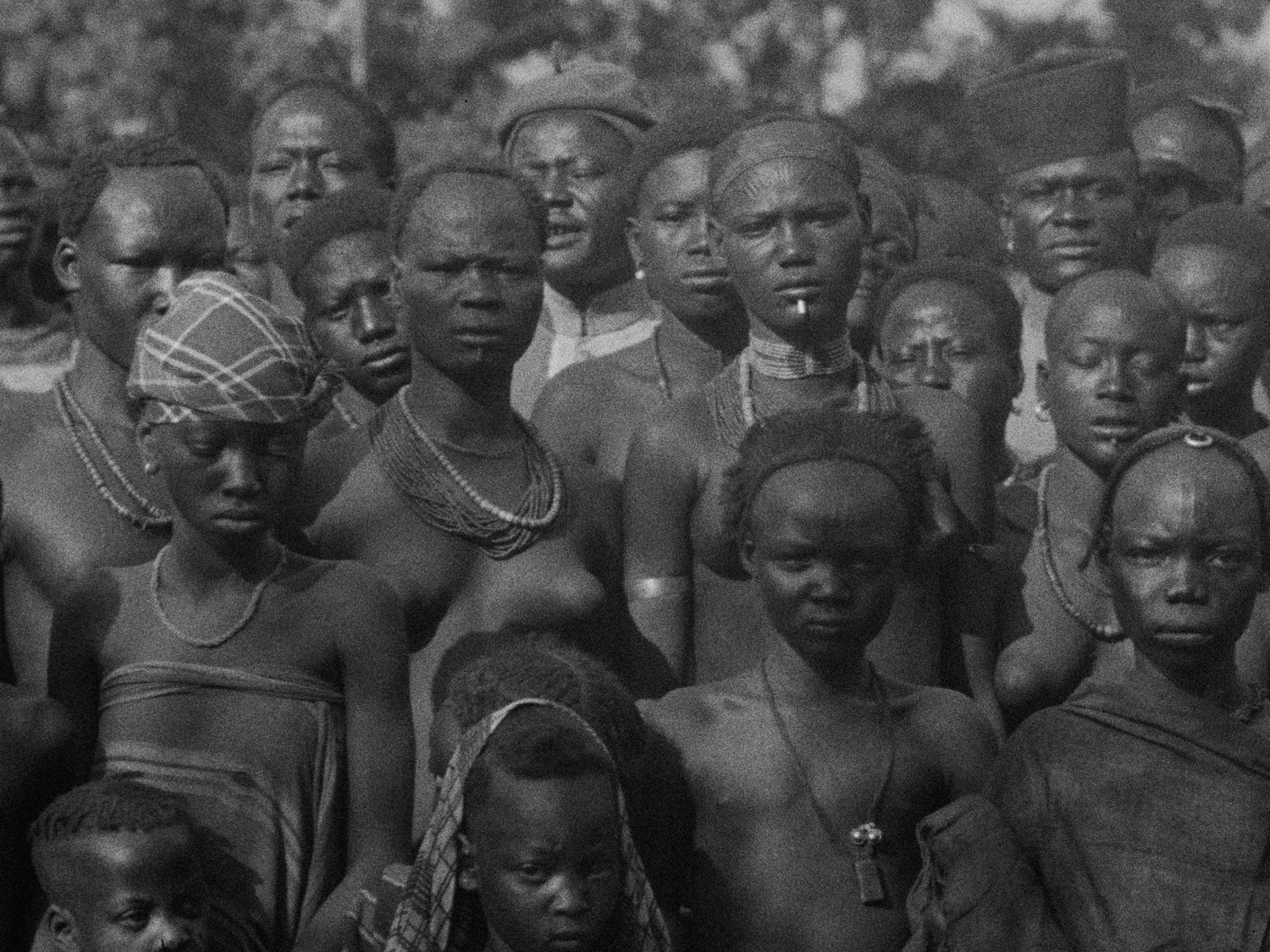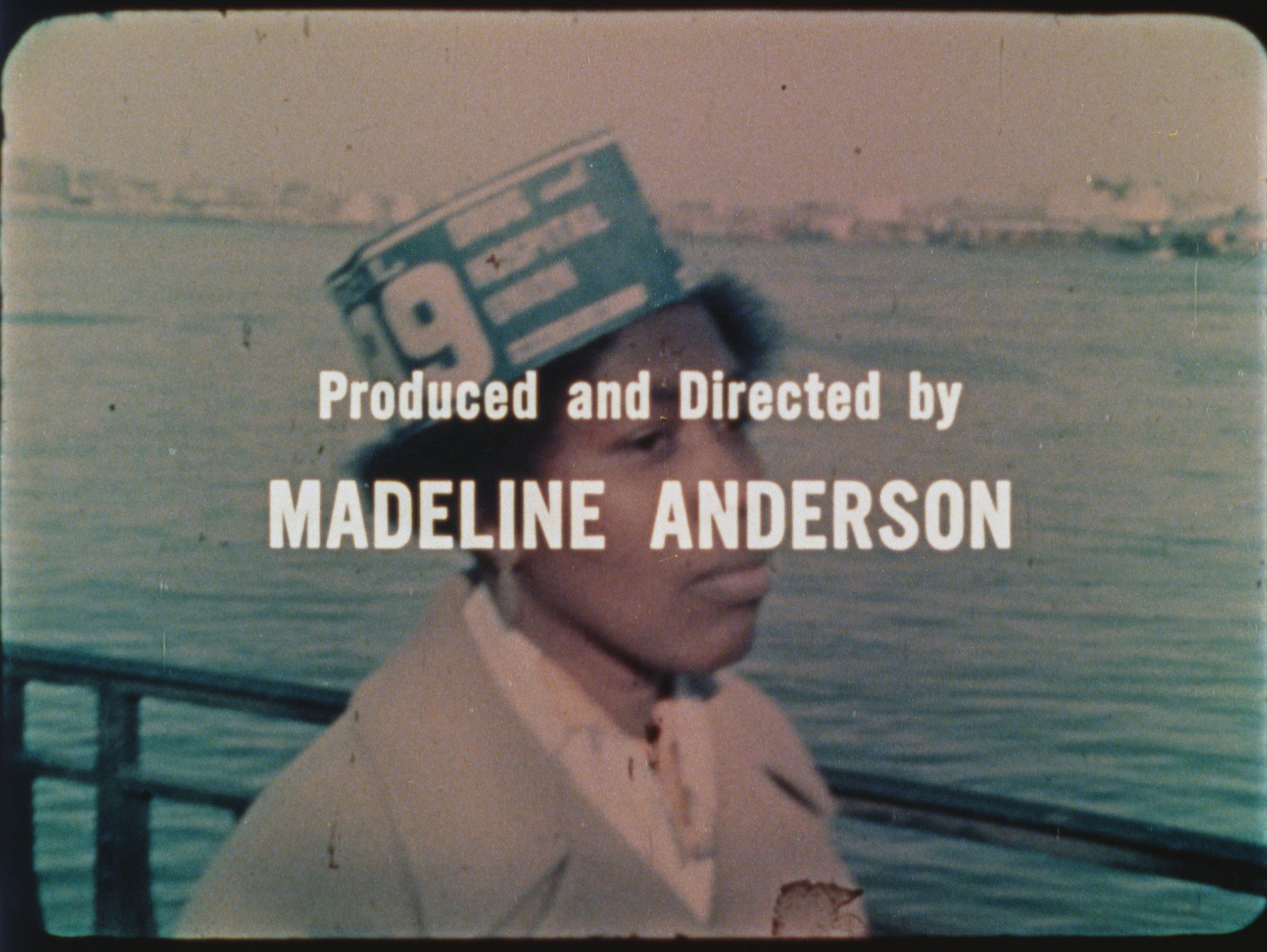OVID’s May Releases: Jill Li’s “Lost Course,” Marco Bellocchio’s “Devil in the Flesh,” Resnais & Schoendoerffer Restorations, the Films of Eugenio Polgovsky, Dance Camera West Festival… & more!
OVID.tv, the curated streaming destination for documentary and art-house films from around the world, announces its wide-ranging selection of films coming in May.
OVID Presents the Dance Camera West Film Festival
We're excited to announce that we'll be hosting the Dance Camera West film festival on OVID!
OVID’s April Releases: Peter Watkins’ “La Commune (Paris, 1871)” & more!
OVID, the curated streaming destination for documentary and art-house films, announces its wide-ranging selection of 34 films coming in April. Many of the films are premieres and available only on OVID.tv.
More Than Movie Theaters: Why Aren’t We Talking About Exhibition?
The impulse of nostalgia, for a return to normal, is what I hear most these days, dominating Zoom meetings, indie film panels, business articles in the trades. Forced to address the sudden and severe disruption of distribution and exhibition, the conversational focus often drifts to ... movie theaters and whether audiences will go back. What I hear industry vets say, repeatedly, is that the theatrical business will rebound but the window (the time before the film hits VOD) will shorten. Yes, this has been true for 15 years. And there is so much more we should be talking about. I’m writing th
Discover India’s Leading Documentarian Anand Patwardhan
Starting on Friday, March 5th, OVID will present the complete filmography of Anand Patwardhan, for almost 50 years India’s most important – and to some, controversial – documentary filmmaker. Read the New York Times Magazine's recent piece on Anand Patwardhan.
Zeng Jinyan on China’s Working Women
In her keynote address at IDA's 2020 Getting Real Documentary Conference, Zeng Jinyan, the producer and director behind the films We the Workers (2017) and Outcry and Whisper (2020), provides her point of view on working women in China.
OVID’s February Releases: Exclusives/SVOD Premieres, Includes “False Confessions” Starring Isabelle Huppert, Tsai Ming-liang’s “Rebels of the Neon God” and “The Hole” & many more!
OVID.tv, the curated streaming destination for documentary and art-house films from around the world, is adding 30 incredible films in February to its growing roster, most of which are exclusives and premiering for the first time on SVOD.
The Importance of “Travels in the Congo”
The scholar Paul Henley has published one of the best reviews of André Gide and Marc Allégret's film Travels in the Congo: "Travels in the Congo, first released in France in 1927 as Voyage au Congo, is without doubt the masterwork of French ethnographic cinema in Africa prior to World War II. And yet, in the literature on ethnographic film and the history of documentary cinema more generally, it has been strangely neglected. It does not feature, for example, in the extensive UNESCO catalog, Films ethnographiques de l’Afrique noire, edited by Jean Rouch and published in 1967. Although Rouch
Guy Debord’s “The Society of the Spectacle”
On OVID, we have two versions of Guy Debord’s classic film The Society of the Spectacle: the French original with commentary by Guy Debord himself, and one with an English voiceover. When we first received the restored film from Films du Losange, we noticed that Guy Debord’s French voiceover layered with English subtitles was overwhelming to viewers if they weren’t fluent in French. Luckily, Ed Halter and Thomas Beard of Light Industry, a venue for film and electronic art in Brooklyn, had produced a bootleg English copy with Paul Chan a few years ago and posted it online. With their per
An Introduction to Madeline Anderson
According to the Smithsonian National Museum of African-American History and Culture, Madeline Anderson (b. 1927) was the first African-American woman to have directed a documentary film. Hard as it is to believe—as the history of cinema goes back over 120 years—it was only in 1960 when Anderson directed her first film Integration Report 1.


